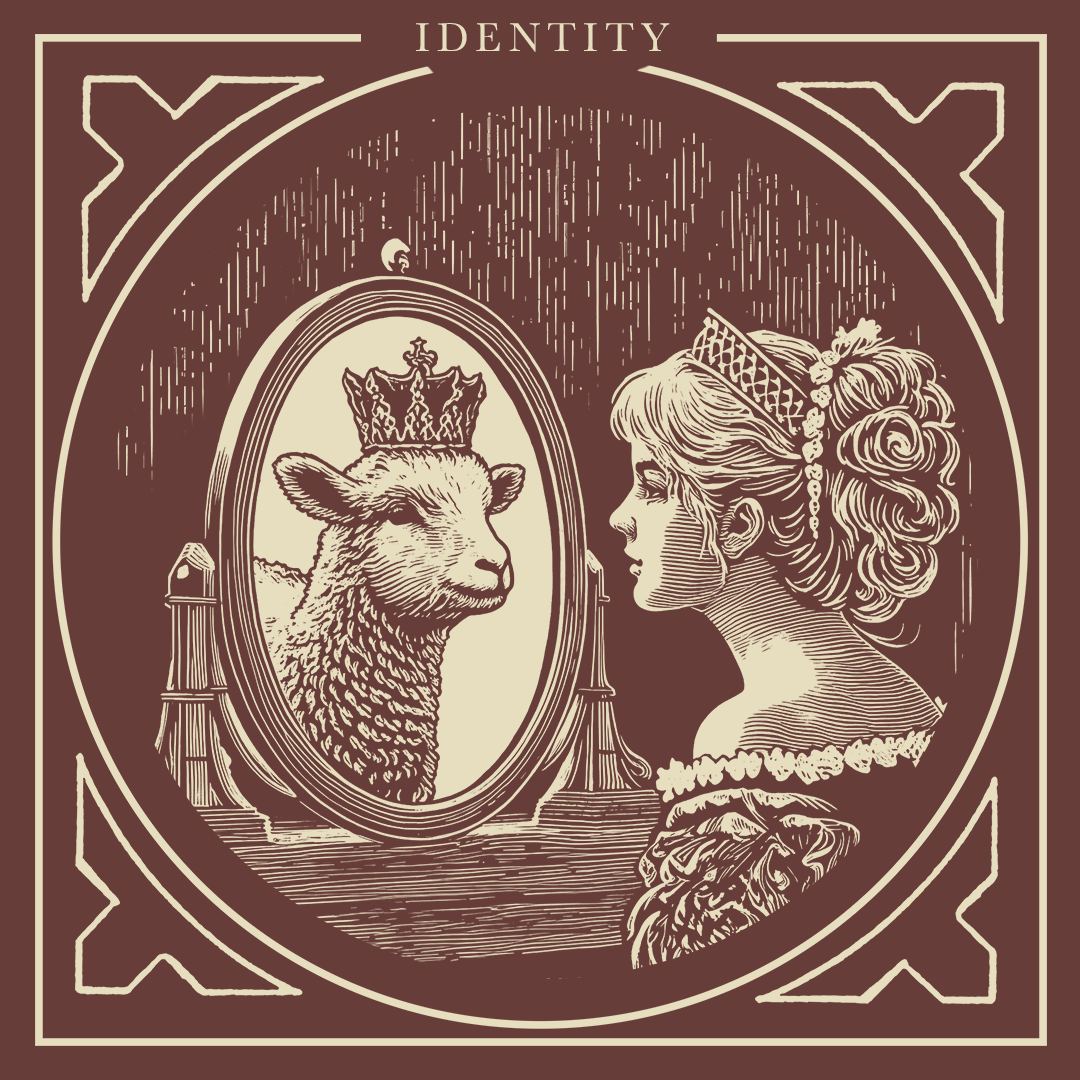
The Source Of True Identity
Prior to the Romantic period, this vision of identity would have been foreign to former generations. People said, “I am what I am in light of the whole.” “My relationship to the state, my family, and my nation tells me who I am.” This is what former generations believed. The self was way less personalized by the individual and more recognized by society. The Romantic period changed everything in terms of identity. Downstream from Rousseau, you get Freud, who believed that everyone’s true identity was rooted in their deepest sexual desire. Fast forward almost a hundred years, and you have parades celebrating sexual sins, boys dressing like girls, and girls dressing like boys because their identity is subjective, coming from an internal revelation rather than an objective relationship with others.
The West is in a massive identity crisis. We so desperately want to know who we are that we have turned to personality tests. The Enneagram, the Myers-Briggs, the DISC test, and the Big Five have gone viral in recent years, trying to help people discover exactly who they are, and what their value and purpose are.
Once upon a time, Israel was in a national identity crisis. There was a giant thug named Goliath who was taunting the armies of Israel, and no one in Israel believed who they really were: the armies of the living God (1 Samuel 17:26). That was, until David showed up. David was a warrior who knew who he was. Or maybe it was better to say, he was a warrior who knew who his God was. See, David had been protecting his father’s sheep and had a run-in with a lion and a bear (1 Samuel 17:34-37). In both situations, David, this little shepherd boy, defeated a lion and a bear single-handedly. So, when he faced off against a giant, though Goliath was scary, he was no lion or bear. David rushed to the battle line with sling and stones close in hand, declaring, “God delivered me from the lion, God delivered me from the bear, this uncircumcised Philistine will be no different” (1 Samuel 17:37).
David found his identity, confidence, value, and purpose in his God. He did not go digging around in his deepest desires; he found who he was in light of how he related to God. In fact, if you look at the end of David’s life, you will find a nation full of giant slayers (2 Samuel 21:15-22). David’s mighty men are famous for killing giants, mowing down hundreds of people in a field with a spear, or killing a lion in a pit on a snowy day (2 Samuel 23:20-21). Israel had to look outside of themselves to find their calling, value, and purpose. They found their identity in their hero, King David, a type of the future king to come (1 Chronicles 17:11-14). In fact, even David found his identity in the future king to come, because it was God who gave him the confidence to war with Goliath in the first place.
This is not too dissimilar to Ephesians 1:15-23. Here, the Apostle Paul wants the church to know their value, their purpose, and the hope of their calling. How will they discover this? According to Paul, it is with a spirit of wisdom and revelation in the knowledge of Jesus (Ephesians 1:17). Knowing that it is Jesus who is seated at the right hand of the Father, knowing that it is Jesus who has made His enemies His footstool (Ephesians 1:20-22), knowing that Jesus has a name far above every name in the heavens or on the earth (Ephesians 1:21). So Israel finds their identity in their king, David found his identity in his God, and the church finds their identity in their God/King Jesus. On the flip side, this is rather revealing of how we view ourselves. The materialists’ God and king are their stuff, the nationalists’ God and king are their nation, whereas Rousseau and Freud place you at the center of the universe, making your own desires your God and King. Each of these is a hollow attempt to know who you really are. The only way to truly know who you are is to know who your God and King is.
Visit our home page: https://kingsfellowshipchurch.com/
See more about our city: https://adaok.com/
